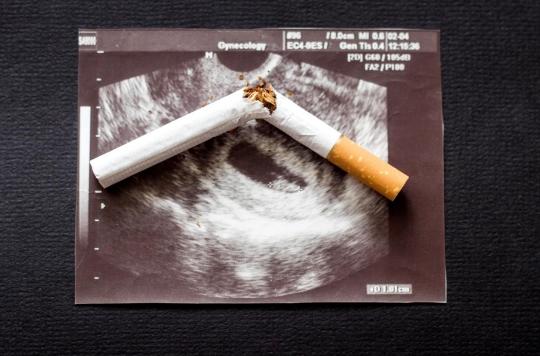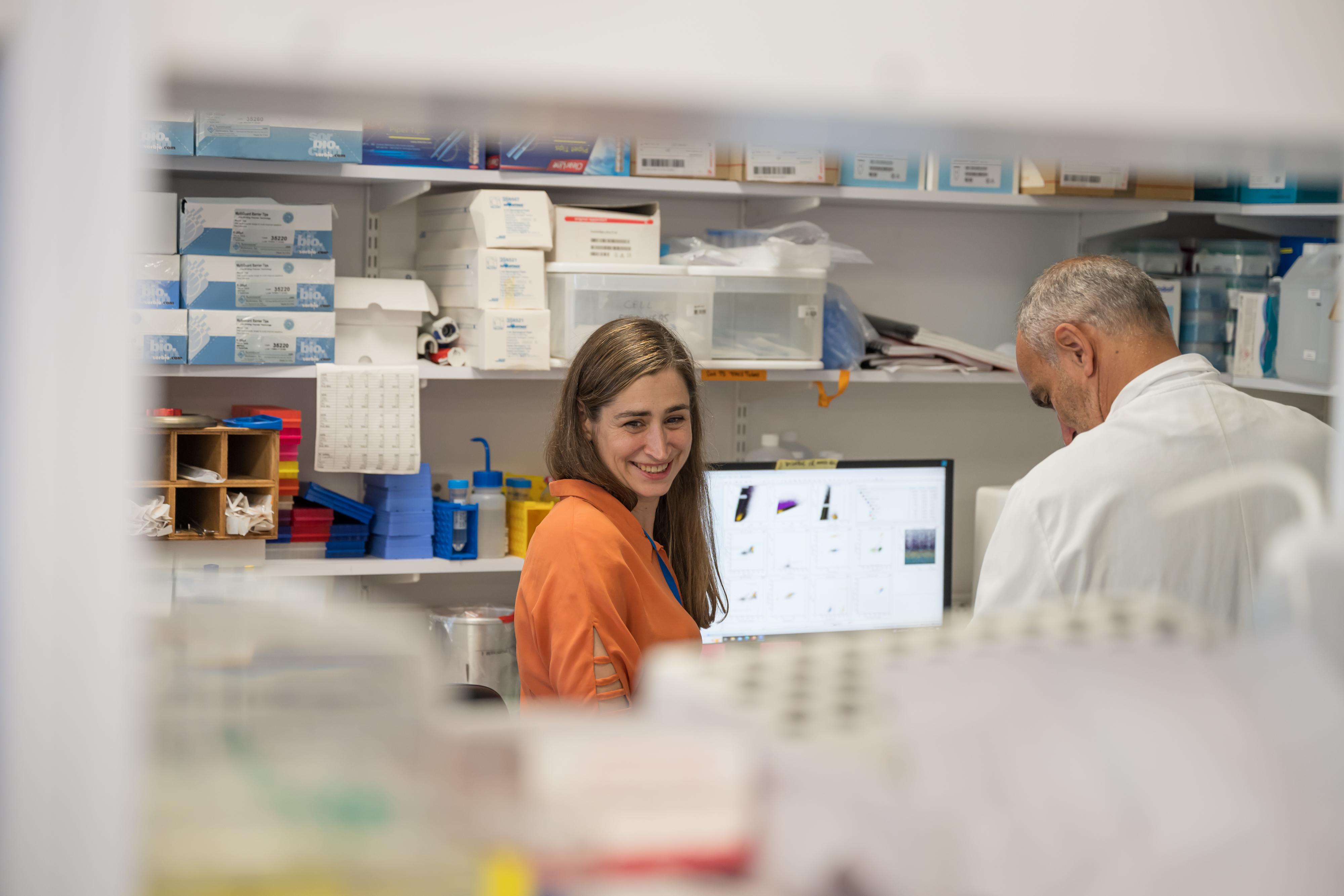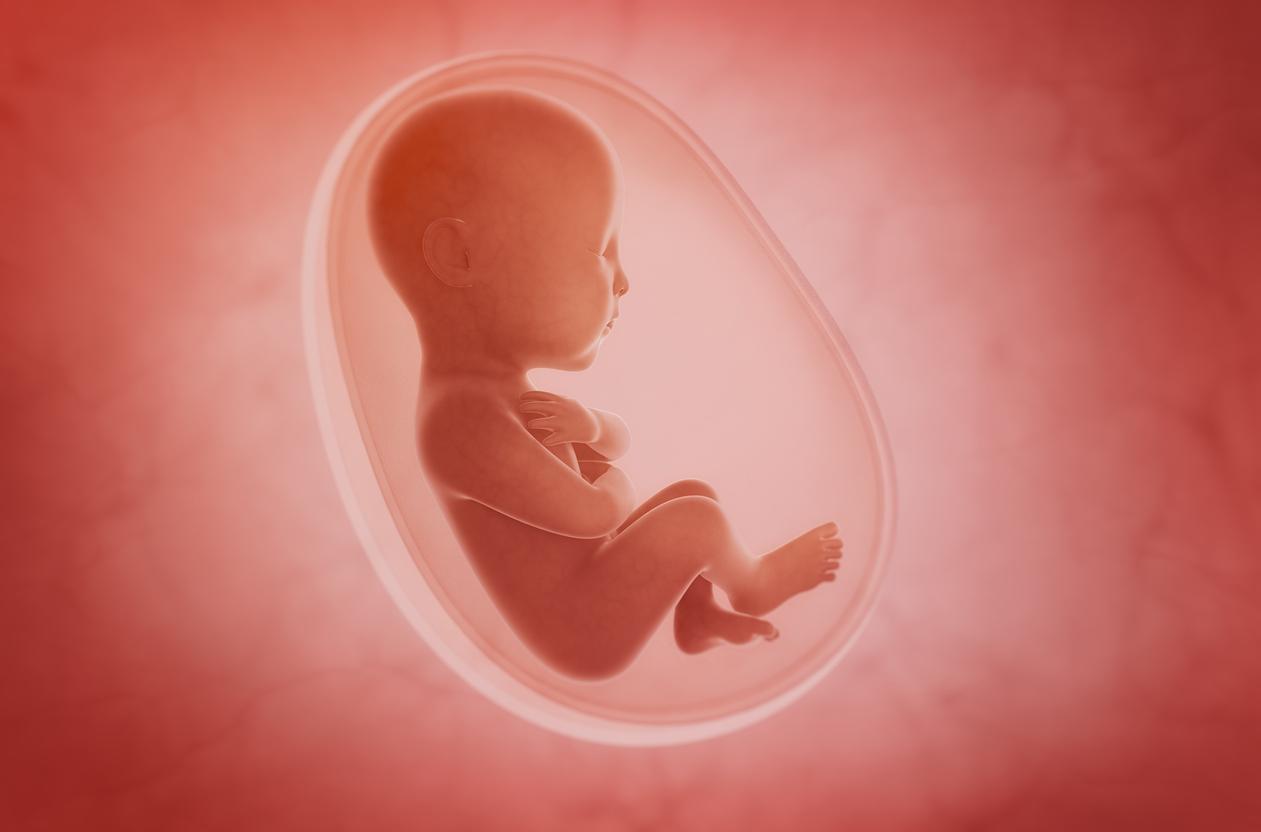Teams from Inserm, CNRS and Grenoble Alpes University have published a study according to which the placenta retains traces of tobacco even before the start of pregnancy. A first.

- French researchers compared the placental DNA of 568 women who gave birth. If smokers have 178 regions of the placental genome altered, former smokers who quit less than 3 months before their pregnancy account for 26.
- However, these mutated regions have a great influence on the development of the fetus. Tobacco having a negative influence, they think that the former smokers and their child still suffer the consequences of the cigarette three months later.
It is not only smoking during pregnancy that is harmful to the fetus, it is also smoking a few months before. This is the conclusion of a study conducted by French researchers attached to the Institute for the Advancement of Biosciences (Inserm/CNRS/Grenoble Alpes University), published in the journal BMC Medicine on October 7. Thus, stopping cigarette smoking before pregnancy would not be enough to protect against these harms.
According to these researchers, although tobacco consumption is harmful for the development of the fetus, the mechanisms involved are still poorly understood. Nevertheless, previous studies explain that tobacco consumption causes alterations in methylation – a form of epigenetic modification – of placental DNA. The placenta plays a crucial role in the development of the fetus but is permeable to many chemical compounds. However, these epigenetic modifications “are materialized by biochemical marks present on the DNA”, explains Inserm. If these marks are reversible, they do not modify the DNA but change the expression of genes. This mechanism gives plasticity to all the cells, which can thus adapt to a new environment by changing their behavior.
Former smokers have similar results to smokers
To observe the consequences of tobacco consumption on the placenta, the researchers collected and analyzed the placental DNA of 568 women at the time of delivery. They then divided them into three categories: non-smokers (no consumption in the 3 months preceding pregnancy and during the latter), former smokers (stopping tobacco consumption in the 3 months preceding pregnancy), and smokers (consumption three months before pregnancy and during pregnancy).
Among the “smokers”, the scientists noticed 178 regions of the placental genome with alterations in DNA methylation. However, 26 of these 178 altered regions were also observed in the placenta of “former smokers”. These altered regions, admittedly less numerous, are however key since they most often correspond to so-called “amplifying” zones, that is to say zones which remotely control the activation or repression of genes. Some of these genes, here altered by ricochet, play an important role in the development of the fetus. “While a large number of regions appear to have a normal methylation profile in women after smoking cessation, the presence of certain DNA methylation changes in the placenta of women who quit smoking before pregnancy suggests the existence of an epigenetic memory of tobacco exposure”says Johanna Lepeule, researcher at Inserm and director of this work.
Alterations in placental DNA methylation at genes linked to fetal development and “enhancer” regions, she suggests, may partly explain the observed effects of smoking on the fetus and subsequent health of the child. Tobacco therefore retains a harmful influence on the body and in particular the placenta three months after its cessation.
.
















